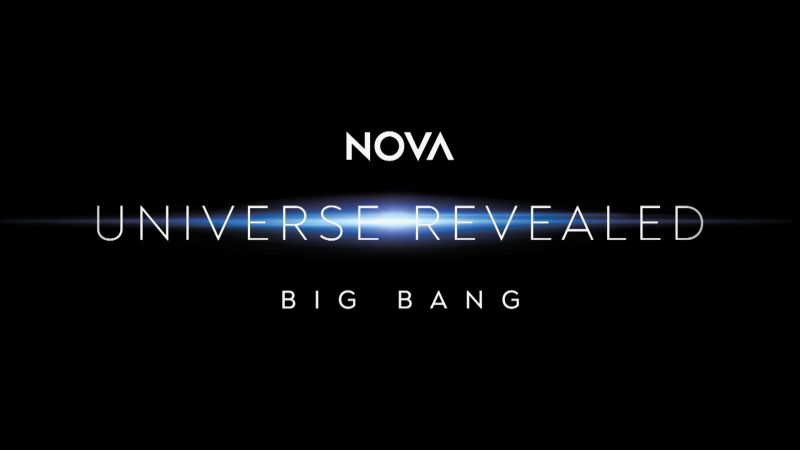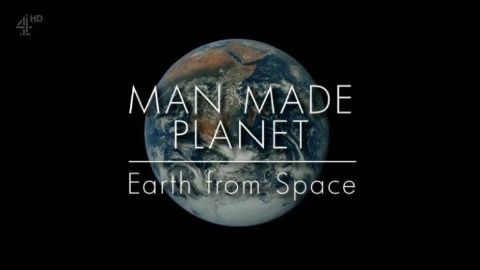8 Days: To the Moon and Back • 2019
Eight days, three hours, 18 minutes, 35 seconds. That is the total duration of the most important and celebrated space mission ever flown - Apollo 11 - when humans first set foot on the moon. It was a journey that changed the way we think about our place in the universe. But we only saw a fraction of what happened - a handful of iconic stills and a few precious hours of movie footage. Now it is time to discover the full story. Previously classified cockpit audio, recorded by the astronauts themselves, gives a unique insight into their fears and excitement as they undertake the mission. And dramatic reconstruction brings those recordings to life, recreating the crucial scenes that were never filmed - the exhilarating launch, the first sight of the moon, the dramatic touchdown and nail-biting journey home. Original archive footage from the Apollo programme is combined with newly shot film and cinematic CGI to create the ultimate documentary of the ultimate human adventure.
Make a donation
Buy a brother a hot coffee? Or a cold beer?
Hope you're finding these documentaries fascinating and eye-opening. It's just me, working hard behind the scenes to bring you this enriching content.
Running and maintaining a website like this takes time and resources. That's why I'm reaching out to you. If you appreciate what I do and would like to support my efforts, would you consider "buying me a coffee"?
Donation addresses
BTC: bc1q8ldskxh4x9qnddhcrgcun8rtvddeldm2a07r2v
ETH: 0x5CCAAA1afc5c5D814129d99277dDb5A979672116
With your donation through , you can show your appreciation and help me keep this project going. Every contribution, no matter how small, makes a significant impact. It goes directly towards covering server costs.





